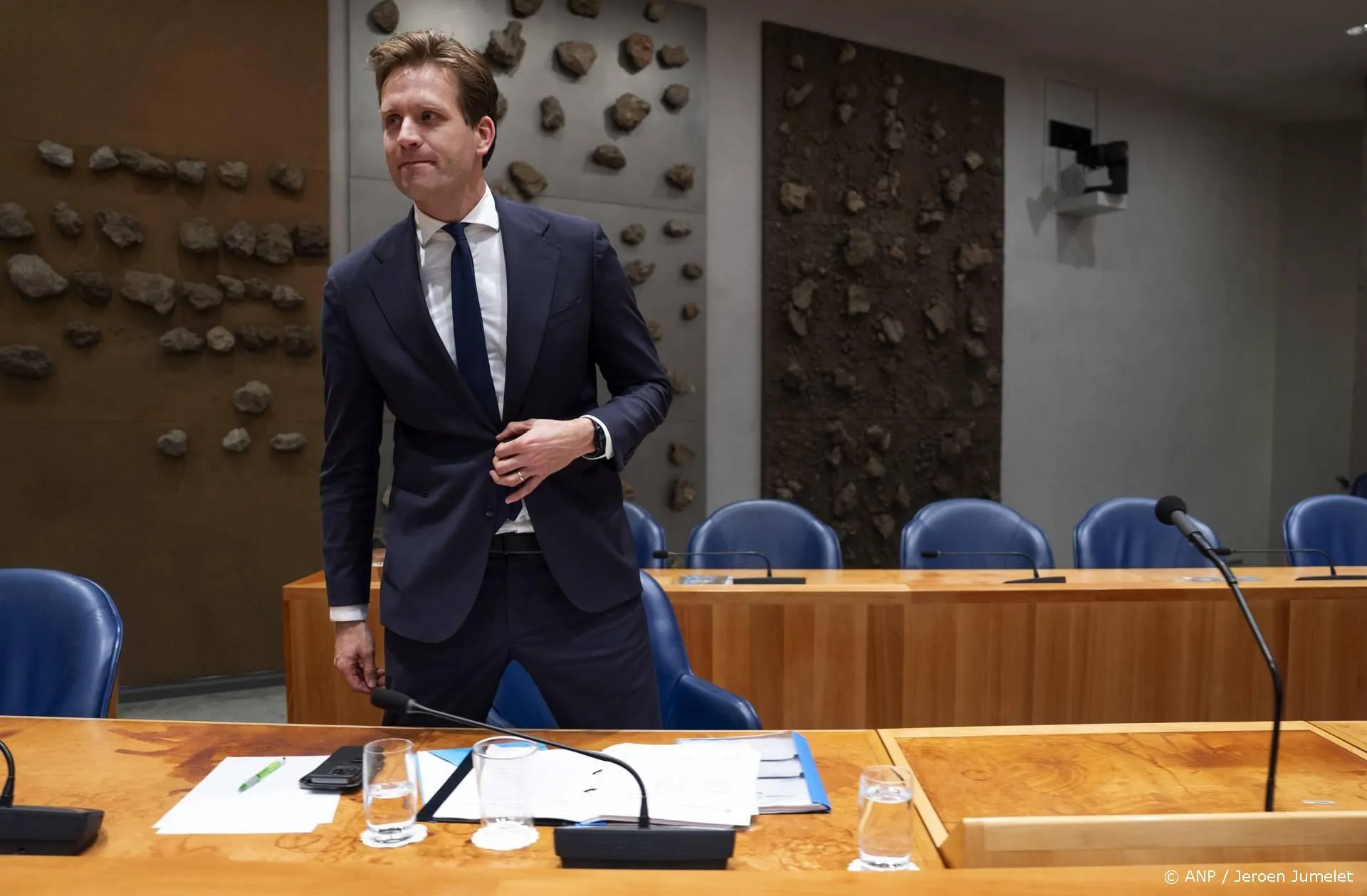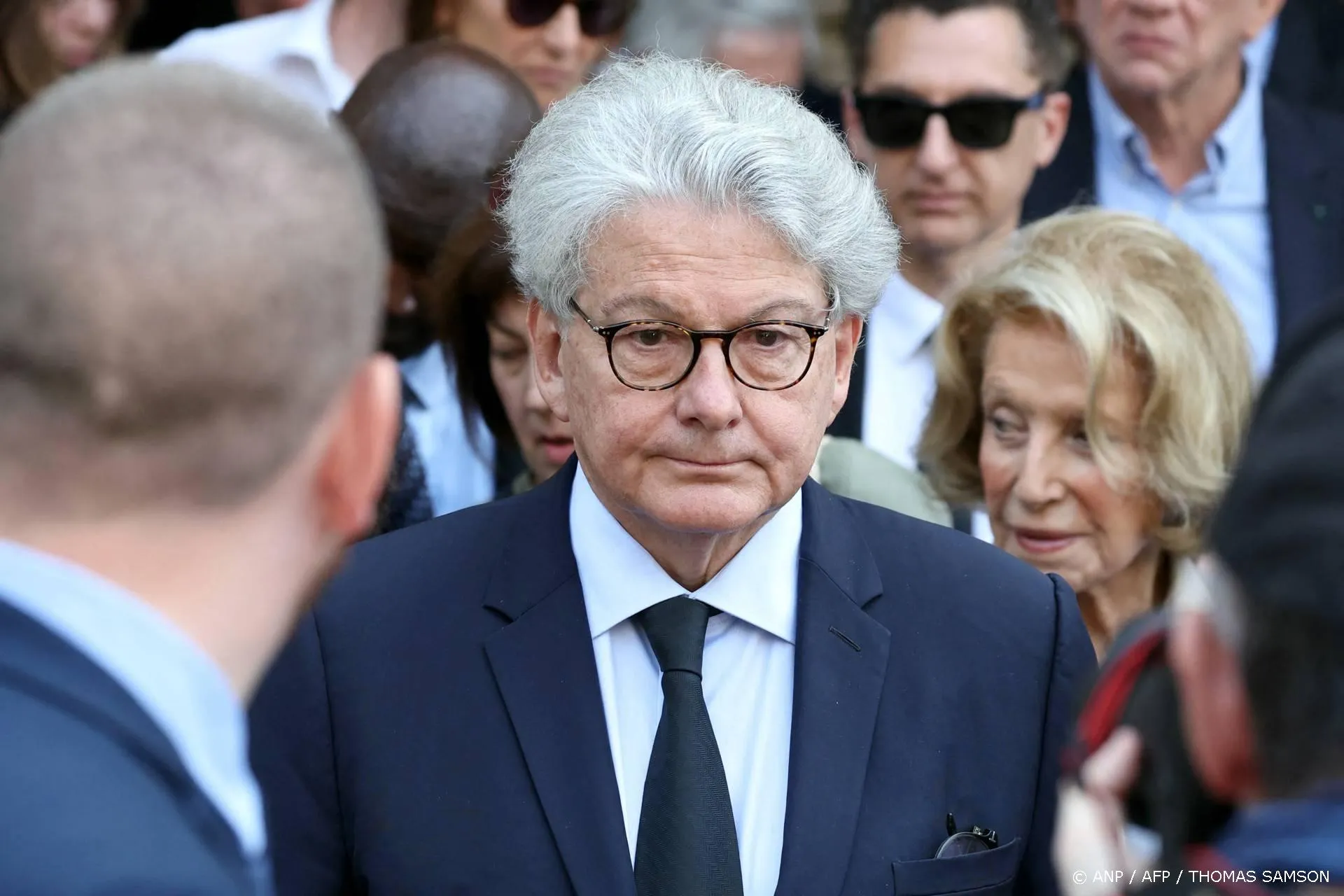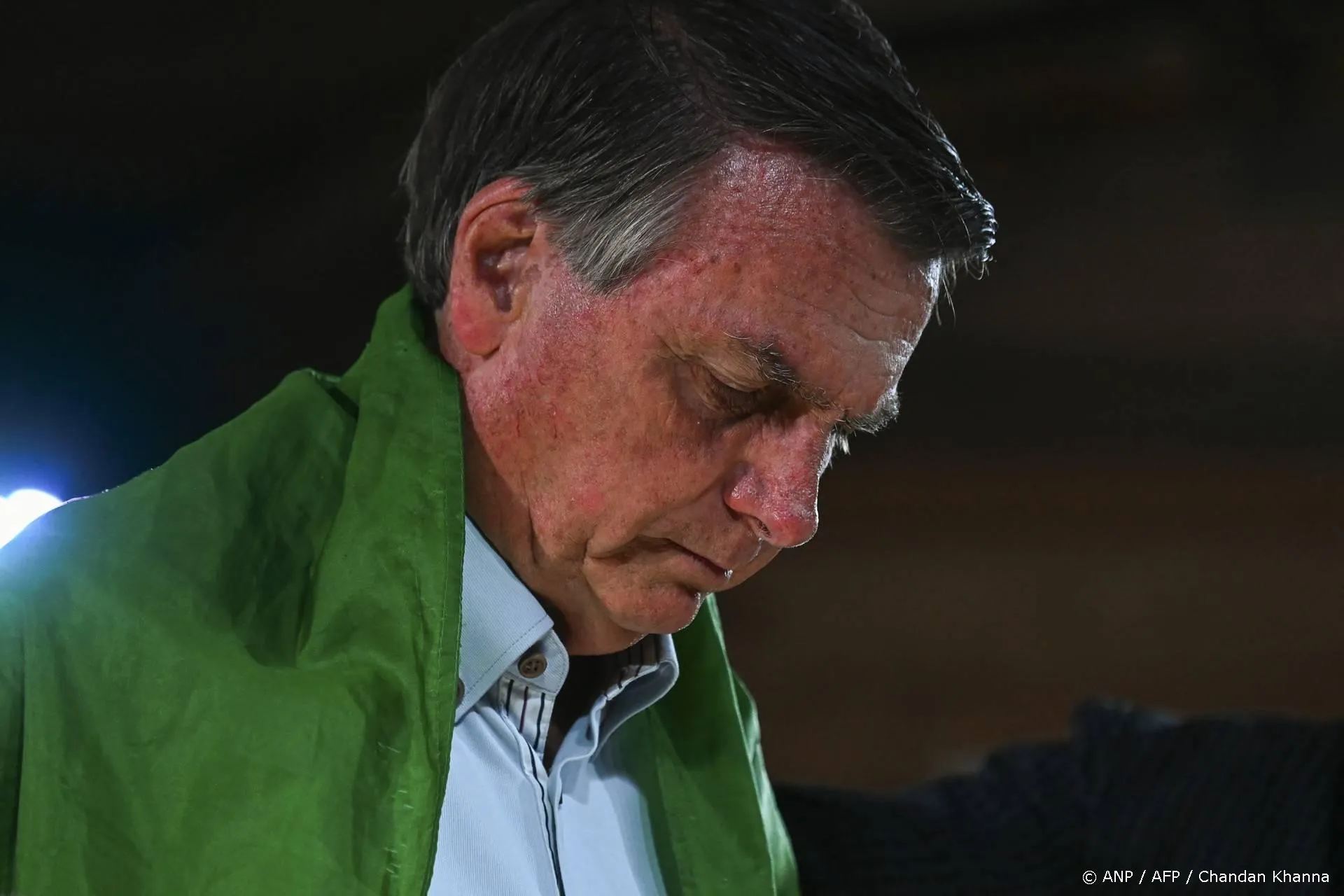Lennart Bengtsson treedt toe tot wetenschappelijke adviesraad GWPF
Hoe langer hoe meer mainstream klimatologen schuiven op in sceptische richting.
Onlangs schonk ik aandacht aan de opvattingen van de prominente Zweedse klimatoloog Lennart Bengtsson, die zich had gedistantieerd van klimaatcatastrofescenario's van het VNklimaatpanel (IPCC) . Bengtsson stond niet bekend als een klimaatscepticus. Het kwam derhalve als een verrassing dat hij recentelijk is toegetreden tot de wetenschappelijk adviesraad van de Britse 'Global Warming Policy Foundation' (GWPF).
Onder de titel, 'Lennart Bengtsson: The whole concept behind IPCC is basically wrong', publiceerde Marcel Crok een vraaggesprek met hem ter gelegenheid van deze gebeurtenis. Ik pik er een aantal krenten uit.
The GWPF yesterday announced that Swedish scientist Lennart Bengtsson joins their Academic Advisory Council. Among the members of this council are many well-known climate sceptics like Richard Lindzen, Ross McKitrick, Henrik Svensmark, Bob Carter, Nir Shaviv etc.
Bengtsson (born 1935) was the director of of ECMWF (European Centre for Medium-Range Weather Forecasting) for 18 years and after that he was the director of the Max Planck Institute for Meteorology in Hamburg. So his background is very mainstream. His entry to the GWPF Council will certainly have raised a few eyebrows in the climate community that sees the GWPF as a sceptical think tank.
Bengtsson has written some very nuanced/critical opinion articles in recent years (see here and here). I decided today to ask Bengtsson about his motivation to join the GWPF Council and sent him a list of questions to which he kindly responded.
Why did you join the GWPF Academic Council?
I know some of the scientists in GWPF and they have made fine contributions to science. I also respect individuals that speak their mind as they consider scientific truth (to that extent we can determine it) more important than to be politically correct. I believe it is important to express different views in an area that is potentially so important and complex and still insufficiently known as climate change.
My interest in climate science is strictly scientific and I very much regret the politicisation that has taken place in climate research. I believe most serious scientists are sceptics and are frustrated that we are not able to properly validate climate change simulations. I have always tried to follow the philosophy of Karl Popper. I also believe that most scientists are potentially worried because of the long residence time of many greenhouse gases in the atmosphere. However, our worries must be put into a context as there are endless matters to worry about, practically all of them impossible to predict. Just move yourself backward in time exactly 100 years and try to foresee the evolution in the world for the following 100 years.
Is this your way of telling the world that you have become a climate sceptic? (many people might interpret it that way) If not, how would you position yourself in the global warming debate?
I have always been sort of a climate sceptic. I do not consider this in any way as negative but in fact as a natural attitude for a scientist. I have never been overly worried to express my opinion and have not really changed my opinion or attitude to science. I have always been driven by curiosity but will of course always try to see that science is useful for society. This is the reason that I have devoted so much of my carrier to improve weather prediction.
Is there according to you a climate consensus in the community of climate scientists and if so what is it?
I believe the whole climate consensus debate is silly. There is not a single well educated scientist that question that greenhouse gases do affect climate. However, this is not the issue but rather how much and how fast. Here there is no consensus as you can see from the IPCC report where climate sensitivity varies with a factor of three! Based on observational data climate sensitivity is clearly rather small and much smaller that the majority of models. Here I intend to stick to Karl Popper in highlighting the need for proper validation.
Mojib Latif once said at a conference of the WMO (in 2009) we have to ask the nasty questions ourselves. Do you think the climate community is doing that (enough)? or are others like the GWPF needed to ask these nasty questions? If so, what does this say about the state of Academia?
I think the climate community shall be more critical and spend more time to understand what they are doing instead of presenting endless and often superficial results and to do this with a critical mind. I do not believe that the IPCC machinery is what is best for science in the long term. We are still in a situation where our knowledge is insufficient and climate models are not good enough. What we need is more basic research freely organized and driven by leading scientists without time pressure to deliver and only deliver when they believe the result is good and solid enough. It is not for scientists to determine what society should do. In order for society to make sensible decisions in complex issues it is essential to have input from different areas and from different individuals. The whole concept behind IPCC is basically wrong. .
Aldus Marcel Crok.
Lees verder hier.
Zoals gezegd, Bengtsson is een prominent klimatoloog. Hij is bovendien een Zweed en Zweden is een politiek uiterst correct land. Mensen die in die samenleving van de norm afwijken krijgen het vaak moeilijk. Soms is zelfs sociale uitsluiting hun deel. Het is daarom des te opmerkelijker dat Bengtsson deze stap heeft gezet. Ik verwacht dat zijn besluit het voor andere mainstream klimatologen makkelijker zal maken om eveneens 'uit de kast' te komen.
En zo valt het kaartenhuis steeds verder in elkaar.
Zie ook hier.
Voor mijn eerdere DDSbijdragen zie hier.
Ga verder met lezen
Dit vind je misschien ook leuk
Laat mensen jouw mening weten
Lees ook
Loading


